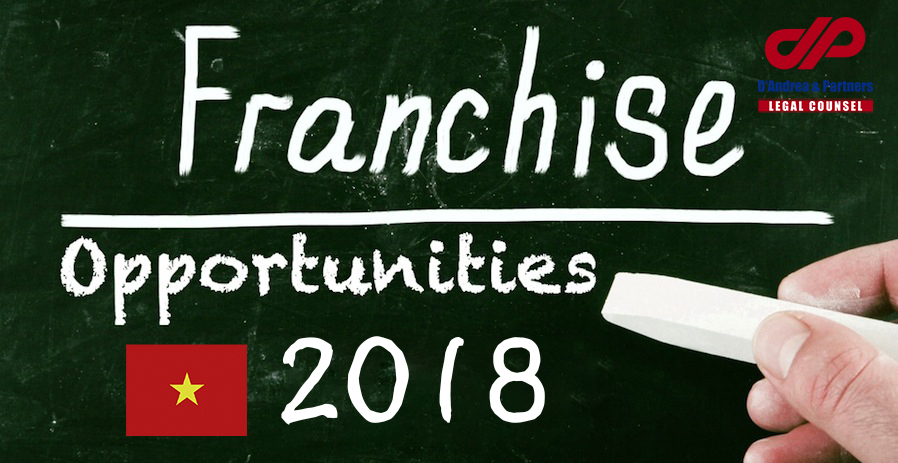There have been more than 200 enterprises with hundreds of brands licensed to franchise in Vietnam that operate in various sectors, including pharmaceutical, fashion, convenience stores and undoubtedly most prevalent, the food & beverage industry. The enterprises are mainly from Europe, the USA, China and Japan. Nowadays, many well-known international brands, such as KFC, Starbucks, Burger King and McDonald, can be easily seen around Vietnam.
Experts affirm that Vietnam represents a promising business environment for enterprises intending to enter this market, especially in terms of franchising and retail development, also considering the country’s young population who are keen on experiencing new products and services, and its high GDP growth rate with a significant per capita income increase.
Franchising has only been introduced in 2005 with the Commercial Law, almost 30 years later than similar countries, such as Malaysia and Singapore. Since then, the Government has issued several regulations to implement and improve the relevant legal framework, confirming the Country’s efforts in opening up the market and in ensuring a fair business environment.
The current regulation provides that the franchisor, the company which allows an entrepreneur to run a location of its business, shall be in operation for at least one year. On the other hand, the previous requirement of registration for the franchisee, the person in charge of carrying out the business has been removed, showing the government’s effort to simplify administrative procedures.
In conclusion, franchising presents many advantages for investors that can minimize or at least reduce the economic risks of selling products with a relevant market share that do not need significant economic investments in advertising, thanks to their international reputation.
However, investing in franchising implicates many challenges, also considering that Vietnam is still in the “sowing stage”. In fact, many investors bringing international brands into Vietnam underestimate the legal framework and the importance of being informed on the local business environment, with the consequence of facing avoidable negative consequences.


